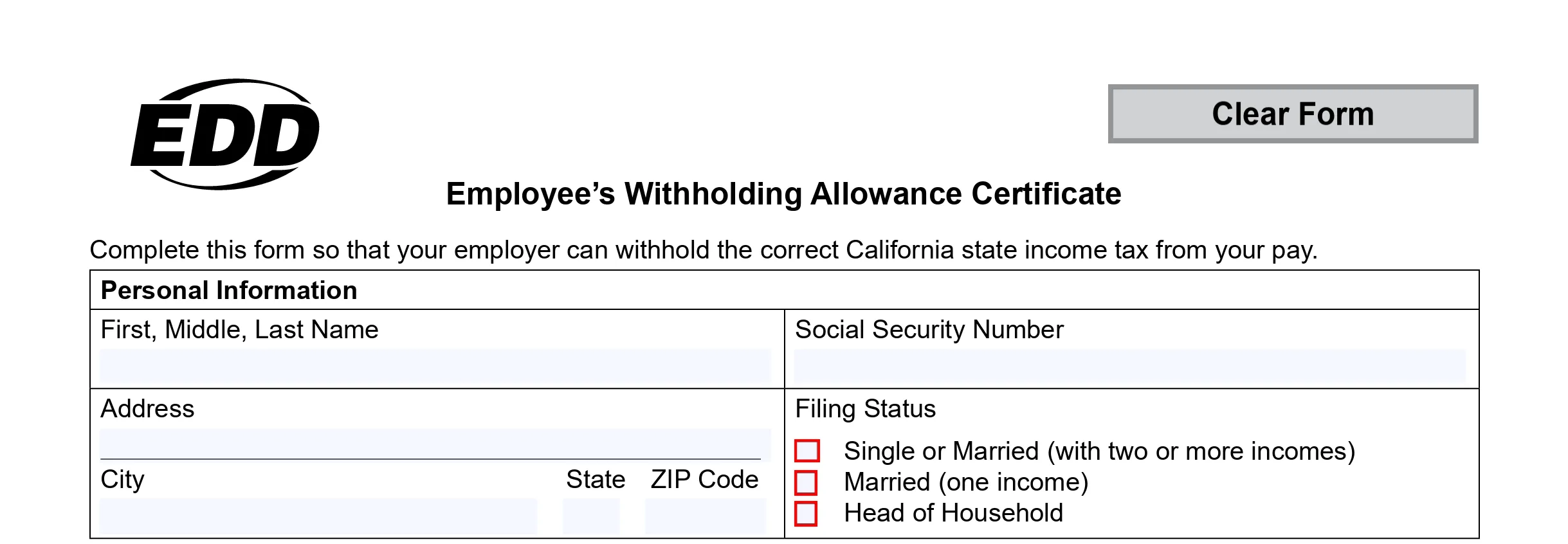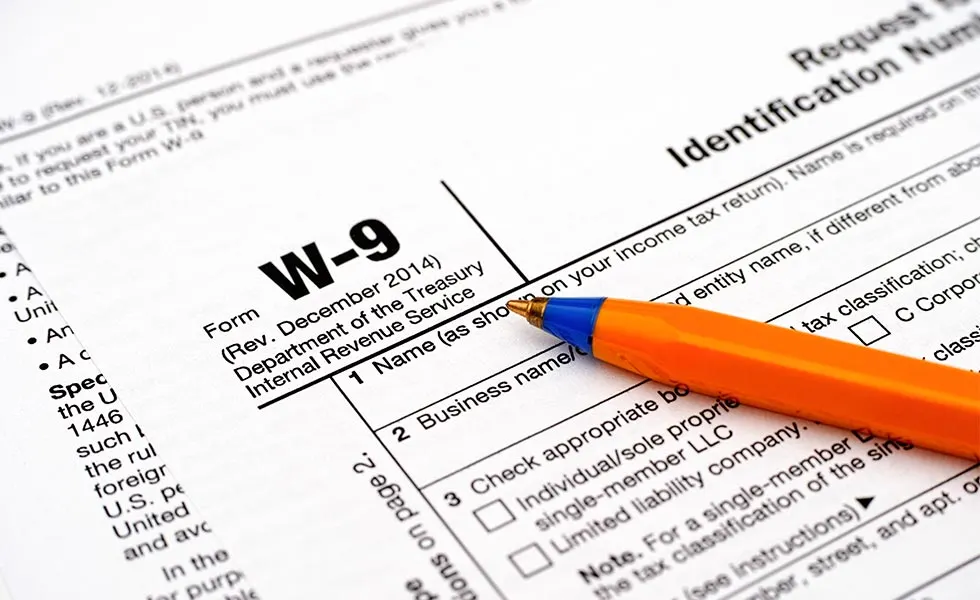How to Legally Write Off a Vacation as a Business Expense
As a business owner, one of the perks is the ability to write off certain expenses as legitimate business costs. This includes things like office supplies, equipment, and even travel. In fact, you may be able to write off your next vacation as a valid business expense—but it's important to understand the rules.

The Primary Purpose: Business, Not Pleasure
The key is that the primary purpose of the trip must be for business, not personal reasons. The majority of your time and activities on the trip must be devoted to business matters, such as attending a conference, meeting with clients, or visiting a job site. Simply vacationing with some minor business activities sprinkled in won't qualify.
Documentation is Essential
It's crucial that you can provide documentation to prove the business nature of the trip. This can include meeting agendas, receipts for business expenses, and a detailed itinerary. The IRS wants to see a clear justification for why the travel was necessary for your business.
Reasonable Expenses
You need to be reasonable with your expenses. Staying at a luxury resort and dining at expensive restaurants every night likely won't fly. The accommodations and meals should be appropriate for a business trip.
Deducting Family Member Expenses
Business owners can deduct the travel expenses of their spouse or other family members, as long as:
- The family member works for the business and has a legitimate business purpose for the trip.
- There are no additional lodging costs for the family member.
- The family member's expenses would otherwise be deductible.
Non-Workdays and Personal Days
Here are a few key points to consider regarding deductible personal time on a business trip:
- Non-workdays during a business trip are still considered part of the business trip, and expenses like meals and lodging can be deducted.
- You are allowed to take personal days, like using Monday as a day off, during a business trip. Entertainment expenses would not be deductible on those personal days, but meals and lodging would still qualify.
- The key is that the primary purpose of the trip must be business-related. Visiting clients, touring their businesses, and working on business issues are examples of deductible business activities. Adding some personal time does not disqualify the trip as long as the business purpose is the main reason.
International Travel Rules
For travel outside the U.S., the entire trip must be devoted to business activities for the expenses to be fully deductible. If there are personal activities, the expenses need to be prorated between business and personal. There are exceptions where a trip can be considered fully business-related even with some personal activities, such as if you don't have substantial control over the trip planning or the personal time is less than 25% of the total trip.
Local Travel for Business Events
Staying overnight for conferences or meetings, even if just a short distance from your home, can allow you to deduct the lodging and meal expenses as it enables you to fully participate in the business event.

Final Thoughts
With careful planning and documentation, you can potentially turn your next vacation into a deductible business trip. Just be sure to follow the IRS rules closely to avoid any issues. And remember—personal travel expenses are never deductible, even if they are tied to a business trip in some way.
By adhering to these guidelines, you can maximize your tax benefits and ensure that your business travel expenses are appropriately documented and justified. Enjoy your business trip, and make sure your records are in order!
Disclaimer: This blog is meant for informational purposes only and should not be considered as tax advice. Consult with a qualified tax professional or advisor for personalized guidance based on your specific situation.
Reach out to us today at [email protected], and let's work together to optimize your tax situation and financial well-being. Your journey towards a more tax-efficient future starts here.



